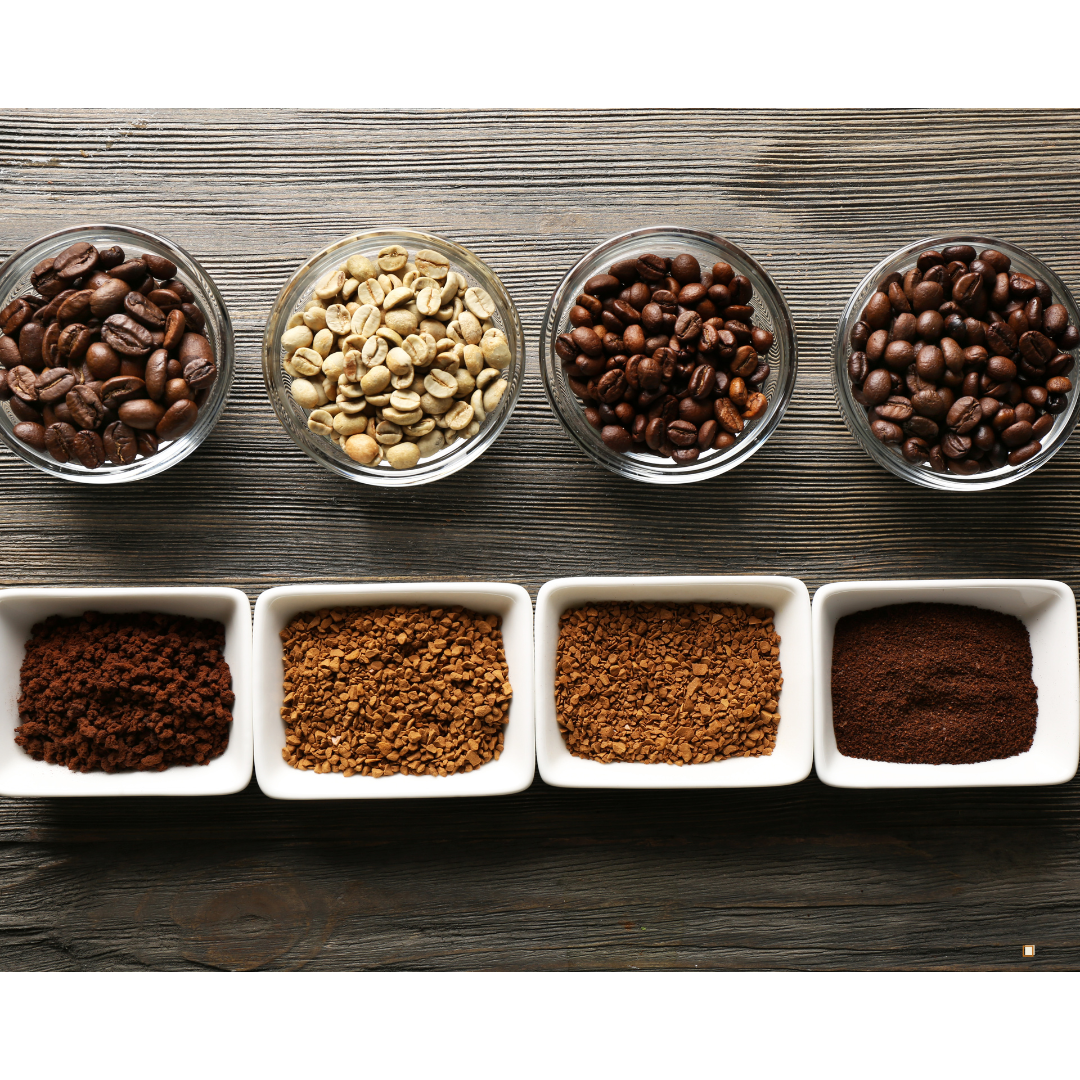
Is Light Roast Coffee Less Bitter than Dark Roast?
For coffee enthusiasts looking to explore different flavors, a common question arises: Is light roast coffee less bitter than its dark roast counterpart? Understanding the factors that contribute to coffee bitterness can help clarify why certain roasts taste the way they do and how to choose the perfect brew for your palate. The answer lies in the roasting process, bean characteristics, and the way certain chemical compounds develop during roasting. Let’s see about the differences between light and dark roast coffee to see why bitterness varies.
The Science Behind Coffee Roasting
The roasting process plays a pivotal role in determining the flavor profile of coffee beans. When coffee is roasted, the heat transforms the chemical compounds within the beans, impacting their aroma, acidity, body, and, importantly, bitterness. Light roasts are roasted for a shorter period, usually just until the first crack, preserving more of the bean's original flavors, such as bright acidity and fruity or floral notes. This shorter roasting process also means that light roasts retain more of their natural compounds, resulting in a milder, more vibrant taste.
Dark roasts, on the other hand, are subjected to higher temperatures for a longer time, often until the second crack. This extended roasting caramelizes the sugars and breaks down the acids in the beans, resulting in a more robust, full-bodied flavor. However, it also leads to the formation of bitter compounds, which is why dark roast coffee is often associated with a stronger, more bitter taste. The deeper roasting process brings out smoky, chocolatey, or even charred notes, which can be perceived as bitter by some drinkers.
Bitterness: What Causes It?
Several chemical reactions occur during coffee roasting that contribute to bitterness. One of the primary culprits is chlorogenic acid, an antioxidant found in green coffee beans. During roasting, chlorogenic acid breaks down into quinic and caffeic acids, both of which can impart a bitter flavor. The longer and hotter the roasting process, the more these compounds are developed, leading to increased bitterness in dark roasts.
Another factor that influences bitterness is the Maillard reaction, a chemical reaction between amino acids and sugars that occurs when the beans are heated. This reaction is responsible for the browning and complex flavor development in coffee, but it also creates bitter compounds as the roast level darkens. Light roasts, which experience less of this reaction, generally have fewer bitter compounds, making them taste less bitter compared to dark roasts.
Acidity vs. Bitterness
When comparing light and dark roasts, it’s important to differentiate between acidity and bitterness. Light roasts are known for their high acidity, which gives them a bright and lively flavor. This acidity can be mistaken for bitterness by those who are unaccustomed to the taste, but it is actually a desirable characteristic that adds complexity to the coffee. Dark roasts, in contrast, have lower acidity but higher bitterness due to the breakdown of organic acids and the formation of bitter compounds.
For those who are sensitive to bitterness, light roasts may be a more enjoyable option. The higher acidity in light roasts can provide a refreshing and clean taste, while the reduced bitterness makes for a smoother drinking experience. However, it’s all about personal preference—some people love the bold and bitter notes of a dark roast, while others prefer the delicate and nuanced flavors of a light roast.
The Role of Coffee Beans and Origin
The origin and quality of the coffee beans also influence bitterness. Certain coffee-growing regions produce beans with naturally lower bitterness due to their unique terroir, climate, and processing methods. For example, Ethiopian or Kenyan beans are often associated with bright, fruity flavors and minimal bitterness, making them ideal candidates for light roasts. On the other hand, beans from regions like Sumatra or Brazil might have more earthy and robust characteristics, which can be accentuated in a dark roast.
High-quality beans, regardless of the roast level, generally have a more balanced flavor profile and less bitterness compared to lower-quality beans. Specialty coffee roasters pay close attention to the origin and processing of their beans to ensure a pleasant taste experience, even in darker roasts. Additionally, how the beans are brewed can also affect bitterness. Over-extraction, caused by using too fine a grind or brewing for too long, can make any coffee taste bitter, so proper brewing techniques are essential.
Brewing Methods to Reduce Bitterness
If you’re trying to minimize bitterness in your coffee, the brewing method you choose can make a significant difference. For light roasts, methods like pour-over or AeroPress are excellent choices because they allow for precise control over water temperature, extraction time, and grind size. These methods highlight the bright and complex flavors of the coffee without over-extracting bitter compounds.
For dark roasts, a French press or cold brew method can help reduce bitterness. The French press allows for full immersion brewing, which extracts the coffee’s natural oils and creates a rich, smooth cup with a heavier body. Cold brew, on the other hand, uses cold water to extract the flavors over a longer period, resulting in a less acidic and less bitter brew. Experimenting with different brewing techniques can help you find the perfect balance of flavors, regardless of the roast level.
Why Choose Light Roast Coffee for a Milder Flavor
For those who prefer a milder, less bitter cup, light roast coffee is often the best choice. Its bright and crisp flavor profile, combined with minimal bitterness, makes it an appealing option for those looking to experience the true essence of the coffee bean. The shorter roasting process preserves the bean's natural complexity, allowing you to taste the unique characteristics of each origin.
Exploring the Nuances of Light Roast Coffee
One of the joys of drinking light roast coffee is discovering the wide range of flavors it can offer. From citrusy and floral to fruity and herbal, each cup is an exploration of the bean’s terroir. Whether you’re new to coffee tasting or a seasoned enthusiast, light roasts offer a less bitter and more vibrant experience that showcases the artistry of coffee roasting. At Frontier Coffee Roasters, we take pride in offering high-quality light roasts that highlight the natural flavors of our beans, ensuring a satisfying and enjoyable cup every time.
